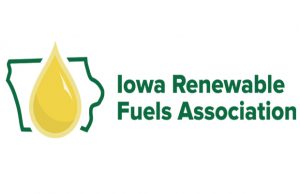 Nine leading biofuel and farm organizations sent a letter to Environmental Protection Agency (EPA) Administrator Andrew Wheeler Tuesday asking him for answers on what is seen as a new effort to undermine the Renewable Fuel Standard (RFS).
Nine leading biofuel and farm organizations sent a letter to Environmental Protection Agency (EPA) Administrator Andrew Wheeler Tuesday asking him for answers on what is seen as a new effort to undermine the Renewable Fuel Standard (RFS).
During a Senate hearing last month, administration officials confirmed their consideration of retroactive small refinery exemptions (SREs) covering previous years. The “gap-filings” are designed to reconstitute a continuous string of exemptions for select oil companies “to be consistent with the Tenth Circuit decision,” thus circumventing court limits on new oil industry handouts at the expense of farmers and biofuel producers.
“These ‘gap filings’ appear to be little more than the latest in a string of oil industry tactics designed to subvert the law and sidestep a court order to uphold the RFS,” wrote the Renewable Fuels Association, Growth Energy, the National Biodiesel Board, the National Corn Growers Association, the American Farm Bureau Federation, the American Soybean Association, the National Farmers Union, the American Coalition for Ethanol, and Fuels America.
The letter notes the devastating impact coronavirus restrictions have had on both the biofuels industry and farmers. “Backfilling SREs to circumvent a court decision would exacerbate market uncertainty at a time when rural communities already face unprecedented economic challenges.”









